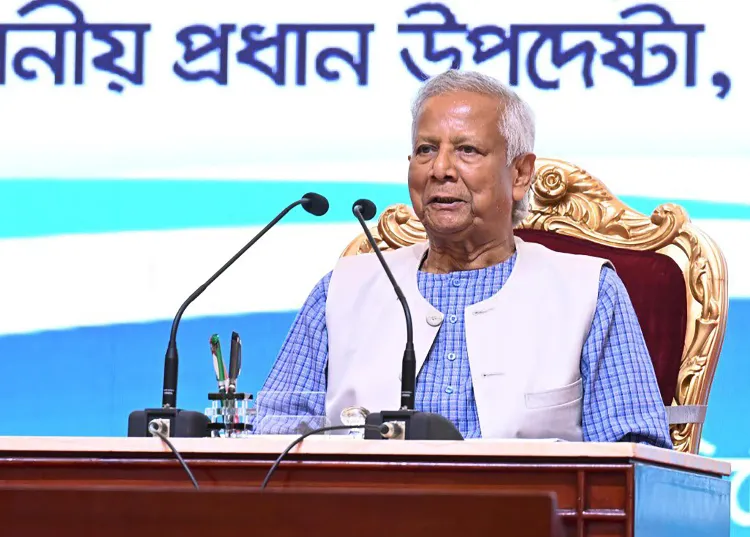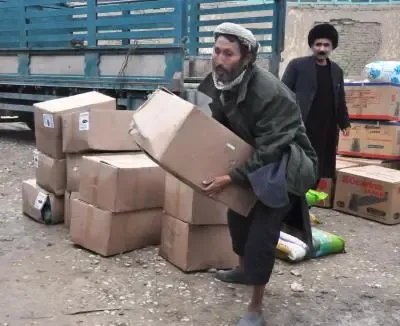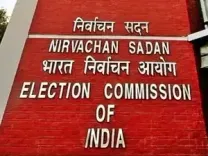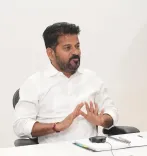Has Bangladesh's Power Vacuum Enabled Opportunistic Forces?

Synopsis
Key Takeaways
- Bangladesh faces a significant power vacuum that is being exploited by various forces.
- Political violence and repression are on the rise.
- Minorities, particularly Hindus, are under increased threat.
- There is an urgent need for a return to democratic values to stabilize the country.
- International support is crucial for addressing these challenges.
Dhaka, Oct 1 (NationPress) Bangladesh has not experienced a democratic transition; rather, it has encountered a power vacuum that has been quickly exploited by opportunistic forces, including empowered Islamists and a compliant opposition, as detailed in a report released on Wednesday.
The aftermath of this situation resembles a slow-moving civil war, characterized by political violence, institutional disintegration, and widespread repression.
According to the report, "This crisis is too profound to be resolved merely through elections. The Bangladesh Nationalist Party (BNP), seeking a shortcut to power, endorsed the ban on the Awami League (AL)—despite AL representing over 30 percent of the electorate. The Jatiya Party (JP) is facing similar dangers. Collectively, these three parties accounted for 87 percent of the vote in 2008. Their exclusion creates a perilous void," as reported by ‘Northeast News’.
“Into this vacuum have stepped Islamist forces, primarily Jamaat-e-Islami and the newly formed National Citizen Party (NCP). Although they lack substantial public backing, they are administratively empowered,” the report elaborated.
The calculated power seizure in Bangladesh has ignited a socio-political conflict unseen since independence. With no major faction willing to compromise, the report warns that further violence is imminent, putting the nation’s peace and stability at significant risk.
Furthermore, the report highlights that incidents of violence are escalating sharply, with the Dhaka-based human rights organization Ain O Salish Kendra (AsK) recording 441 rape cases between January and June 2025—already surpassing last year's total. The report indicated that sexual violence is being used as a weapon of intimidation, reminiscent of tactics employed in 1971.
“Victims, those unidentified innocents who have been killed and brutally discarded into rivers, now average 43 recoveries per month—a 20 percent increase. As of May, 266 journalists faced criminal charges, and AsK documented 196 attacks on media personnel within just six months. In August alone, two journalists were killed, and an editor took his own life after facing censorship from Yunus' media team,” the report noted.
Minorities, especially Hindus, are under siege, with disturbing videos of Hindu women being stripped and assaulted circulating online. The Yunus administration attributes these attacks to the community’s longstanding support for Awami League, while most complaints go unfiled and investigations are rarely conducted.
The report also pointed out that Sufi Muslims are at risk, with authorities confirming at least 84 attacks on Sufi shrines and dargahs since July 2024.
“It is imperative to halt this descent into a slow-moving civil war and protect the values that are foundational to Bangladesh. If swift action is not taken, the country risks devolving into an unstable, low-income, and radicalized society. This is a true recipe for disaster,” the report concluded.









